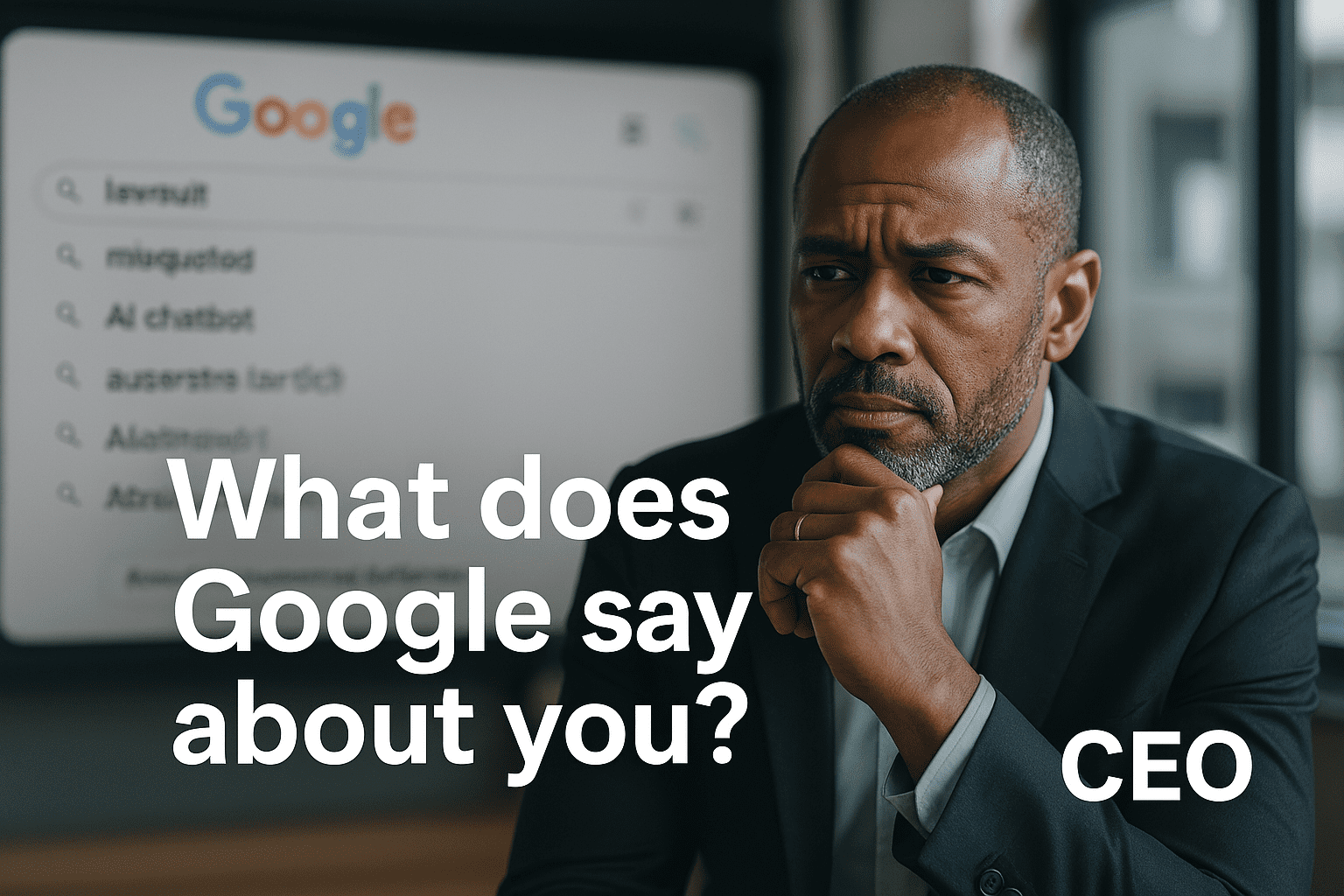Last Updated on March 20, 2024 by Steven W. Giovinco
The Willy Wonka Experience, organized by Billy Coull, has morphed from a poorly managed event into a case study of AI technology gone awry. What initially appeared as a simple case of mismanagement has unraveled to reveal a deeper issue: the irresponsible use of AI.
AI-Fueled Mismatched Expectations
Vibrant, AI-generated posters promised an immersive chocolate wonderland–albeit with strange misspellings. Indeed, children experienced a frightening sparse warehouse. This setting of unrealistic based on fantastical visions collided harshly with reality, resulting in disappointment and anger.
AI Scripts Amplify the Chaos
Further compounding the problem were AI-generated scripts written for the actors. These lacked coherence and strayed far from any kind of anticipated whimsical and fun narrative. Instead of engaging audiences, they contributed to the event’s overall chaos and downfall.
Beyond the Event: A Pattern of AI Reliance?
Billy Coull’s alleged use of AI to write books, just makes things worse. This pattern of overreliance on AI, without proper comprehension of the terrible results, is a recurring theme in his work.
A Lesson Learned: Responsible AI Implementation
So, what can we learn? The Willy Wonka Experience serves as a stark reminder of the importance of responsible usage of AI. While it holds major potential for creativity and efficiency, its misuse can lead to significant consequences, i.e, severely damaged reputations and worse, impacting venues, participants, and the organizer.
The Willy Wonka Debacle: A Cautionary Tale of AI Misuse and Reputation Damage
AI Reputation Management is a cutting-edge service addressing the need for visibility in this new era. Basically, it builds a presence on AI platforms, corrects inaccuracies, fixes negative answers, or undesirable results generated by ChatGPT, DALL-E, Bard, and other tools.




